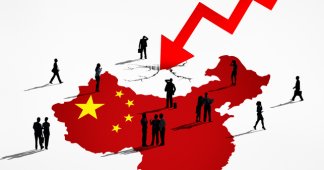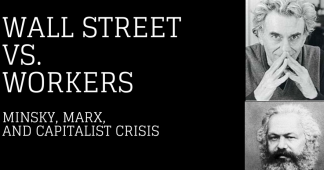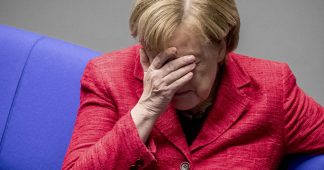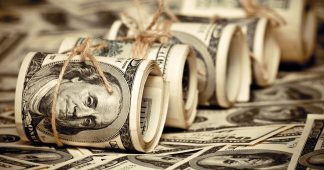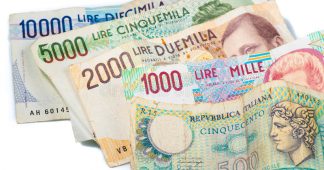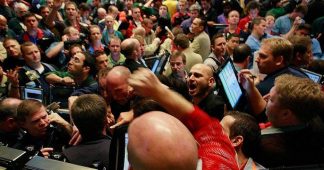by Mar 01, 2020
Since the Great Financial Crisis of 2007–09, Hyman Minsky (1919–96) has been widely recognized as one of the late twentieth century’s most insightful economic theorists. As Thomas I. Palley wrote in Monthly Review in April 2010:
Aside from Keynes, no economist seems to have benefited so much from the financial crisis of 2007–08 as the late Hyman Minsky. The collapse of the sub-prime market in August 2007 has been widely labeled a “Minsky moment,” and many view the subsequent implosion of the financial system and deep recession as confirming Minsky’s “financial instability hypothesis” regarding economic crisis in capitalist economies. For instance, in August 2007, shortly after the sub-prime market collapse, the Wall Street Journal devoted a front-page story to Minsky.
Nevertheless, if Minsky had still been alive at the time of the Great Financial Crisis, there would have been little likelihood that his new-found reputation would have resulted in his receiving the so-called Nobel Prize in Economics (the Bank of Sweden’s Prize in Economic Sciences in Memory of Alfred Nobel) since he was a heterodox and socialist economist and thus an opponent of the dominant neoclassical orthodoxy. It is this topic of Minsky’s heretical views and how these are related to the wider critique of capitalism that Riccardo Bellofiore addresses in the following article.
In 1976, Guido Carli left the Bank of Italy, of which he was the governor, after being appointed chairman of Confindustria. There, he refounded the Centro Studi di Confindustria (CSC), the research department of the Italian Industrial Association. Paolo Savona, who also came from the Bank of Italy, was the first director of the CSC. The think tank was open to international economists of various theoretical orientations, ranging from Monetarists to post-Keynesians. Thanks to the post-Keynesian economist Jan Kregel, who had been hired by the CSC, Hyman Minsky was invited as a visiting scholar starting in 1978. Through Michele Fratianni, who was on the Scientific Committee, Savona was in contact with the Swiss monetarist economist Karl Brunner. Savona and Fratianni encountered Brunner at a Shadow Open Market Committee meeting at Rochester University. Brunner was furious about Minsky and complained that they “had brought home a communist.” Carli and Savona were not very impressed.1
But the question still stands: Was Minsky in fact a communist? Of course not. But, a century after his birth, it is useful to clarify often neglected aspects of his intellectual biography. His intellectual (and political) legacy has been constrained paradoxically by the very financial instability hypothesis on which his reputation stands, which is important but also limiting.
Read more at https://monthlyreview.org/2020/03/01/hyman-minsky-at-100-was-minsky-a-communist/?mc_cid=31797a6312&mc_eid=8d763b70f9
